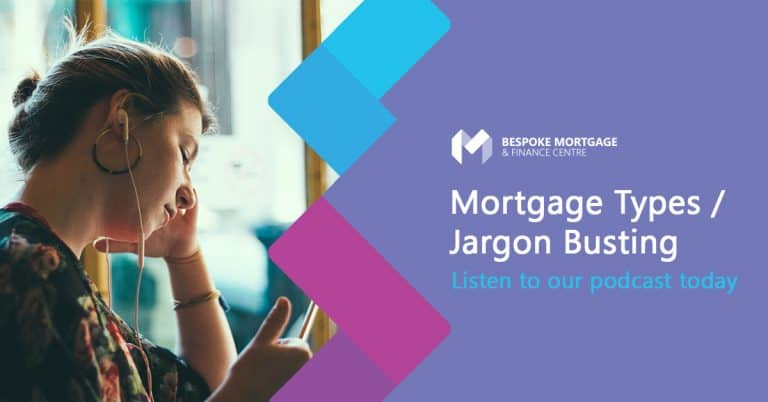Bad Credit Mortgage Shared Ownership
- Free Initial consultation
- Specialist Mortgage Advisers
- See if we can help you find the right deal
Get in touch for a free, no-obligation chat with an adviser to see how we might be able to help
Bad Credit Mortgage Shared Ownership – What you need to know
What is an Adverse Credit Mortgage?
There is no specific mortgage type for people who have bad credit, however there are lenders who will offer their standard mortgage products to those with poor credit. These will often come with higher interest rates and require a larger deposit than they do for other applicants, however.
Another condition of acquiring a mortgage with bad credit might be that you are offered a smaller loan. It’s worth bearing in mind that different lenders have slightly different ideas of exactly what constitutes bad credit.
They will also usually consider the reason for bad credit. For example, irresponsible borrowing will be looked on more negatively than unavoidable life events. Lenders will also look at what type of adverse credit you have:
Late and Missed Payment
This is generally considered a more minor form of poor credit, but will be assessed case by case. A missed payment on a utility bill will be considered less serious than a missed mortgage payment and one late or missed payment will be viewed more favourably than six in a row.
IVA’s and Debt Management Schemes
This will be seen as serious debt issues. You’ll normally need to be 12 months clear of paying off your debt management plan. For an IVA, you’d need to be even further past clearing the debt, usually three to four years, before you’d be considered for a mortgage.
CCJs
Most lenders will consider a CCJ so long as it is recorded as being fully satisfied. It’s important to fully clear any CCJs before making your application as they could affect your chances of acceptance.
Bankruptcy
It’s unlikely that those with a bankruptcy in their history will be accepted for a mortgage by most high street lenders. There are specialist lenders who will consider you if your bankruptcy has been discharged or was more than six years ago.
What is Shared Ownership?
The Shared Ownership Scheme is a government initiative which allows people to purchase a share of their home, when they’re unable to get on the property ladder. You’re able to increase your shares over time, if your household income improves over time.
Shares are usually 25%, 50% or 75%, which makes both the loan amount and deposit requirement far more affordable. You will also need to pay rent on the remaining share of the property to the local authority.
Shared ownership homes are available to anyone who earns less than £80k (£90k in London), regardless of whether or not you have owned a home in the past. Military personnel are given priority and individual councils may also prioritise those with disabilities or older people, dependent on local need.
Can you apply for Shared Ownership Mortgages if you have Adverse Credit?
You can apply for a shared ownership mortgage with adverse credit. Much like with other mortgage types, you are assessed on the significance of your poor credit and are liable for higher deposits and interest rates.
It’s a good idea to plan for your application in advance. It will be beneficial to show mortgage lenders that you’ve made an effort to improve your credit score over time. It’s also important to prove that you have the financial security to make timely repayments on your mortgage and ensure that you don’t fall into adverse credit again.
How do I Improve my Credit Score?
You can easily obtain a copy of your credit report online through a credit reference agency, such as Experian. It’s important to ensure that all of the information they hold is accurate, such as addresses and missed payment records. Credit agencies can usually help you to get inaccurate information amended.
You should also improve the overall picture of your spending and borrowing habits. Ensure you only spend what you can afford and make payments promptly and in full, where possible. Specialist credit building credit cards are particularly helpful if your score is low due to a lack of credit history, rather than adverse credit.
It may be possible to have notes added to your file where your adverse credit is the result of ill health or redundancy, for example. This can help lenders look at your history with more leniency.
How Can A Mortgage Broker Help?
If you already have bad credit history, rejected mortgage applications will further impact your score. Mortgage brokers will help you to assess your acceptability across a range of lenders, to prevent failed applications.
Another benefit of using a mortgage broker is that they will know the intricate differences between lenders’ bad credit criteria. They may know of specialist lenders with a history of accepting clients in your circumstances, that you would otherwise not have access to.
YOUR PROPERTY MAY BE REPOSSESSED IF YOU DO NOT KEEP UP REPAYMENTS ON YOUR MORTGAGE
Remortgaging
If your current mortgage deal or term is coming to an end, make sure you explore your options, because your existing lender may no longer

Mortgage Types/Jargon Busting
Mortgage Types | Bespoke Mortgage & Finance Centre What types of mortgage are there and how do you choose? There are many different kinds of

High Net Worth Mortgages
What is High Net Worth? The Financial Conduct Authority regards a high net worth application as a client who earns a minimum of three hundred
Get In Touch
Protecting your family is one of the most important things you can do. It is for this very reason that impartial advice is critical from qualified advisers…
